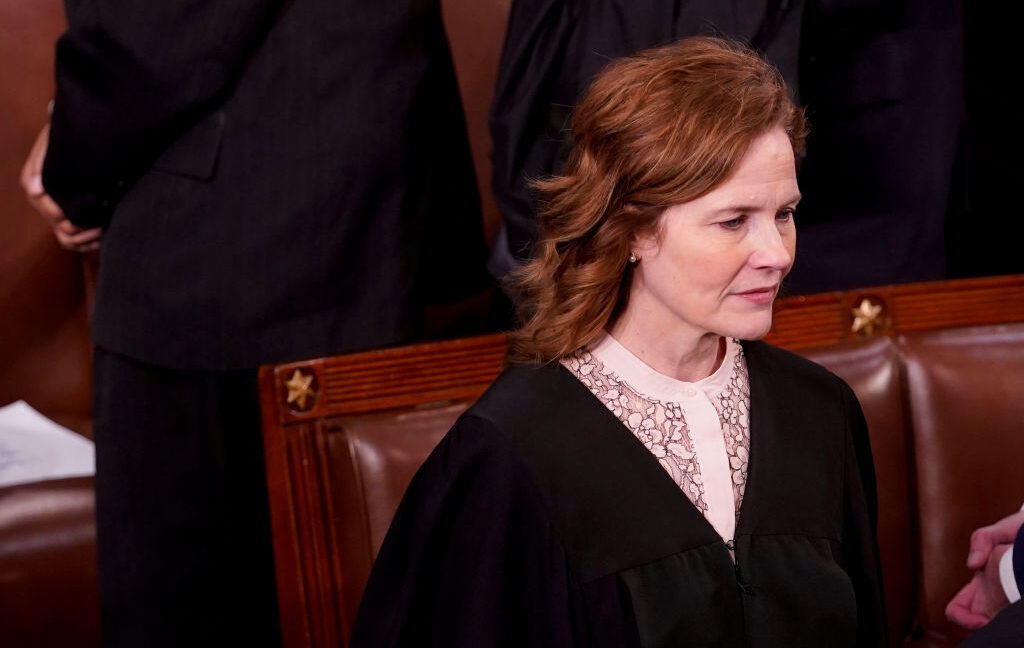
The dissents
The primary dissent was written by Chief Justice Roberts, and joined in part by the three Democratic appointees, Jackson, Kagan, and Sotomayor. It is a grand total of one paragraph, and can be distilled down to a single sentence: “If the District Court had jurisdiction to vacate the directives, it also had jurisdiction to vacate the ‘Resulting Grant Terminations.’”
Jackson, however, chose to write a separate and far more detailed argument against the decision, mostly focusing on the fact that it’s not simply a matter of abstract law; it has real-world consequences.
She notes that existing law prevents plaintiffs from suing in the Court of Federal Claims while the facts are under dispute in other courts (something acknowledged by Barrett). That would mean that, as here, any plaintiffs would have to have the policy declared illegal first in the District Court, and only after that was fully resolved could they turn to the Federal Claims Court to try to restore their grants. That’s a process that could take years. In the mean time, the scientists would be out of funding, with dire consequences.
Yearslong studies will lose validity. Animal subjects will be euthanized. Life-saving medication trials will be abandoned. Countless researchers will lose their jobs. And community health clinics will close.
Jackson also had little interest in hearing that the government would be harmed by paying out the grants in the meant time. “For the Government, the incremental expenditure of money is at stake,” she wrote. “For the plaintiffs and the public, scientific progress itself hangs in the balance along with the lives that progress saves.”
With this decision, of course, it no longer hangs in the balance. There’s a possibility that the District Court’s ruling that the government’s policy was arbitrary and capricious will ultimately prevail; it’s not clear, because Barrett says she hasn’t even seen the government make arguments there, and Roberts only wrote regarding the venue issues. In the mean time, even with the policy stayed, it’s unlikely that anyone will focus grant proposals on the disfavored subjects, given that the policy might be reinstated at any moment.
And even if that ruling is upheld, it will likely take years to get there, and only then could a separate case be started to restore the funding. Any labs that had been using those grants will have long since moved on, and the people working on those projects scattered.
Source link
#Deeply #divided #Supreme #Court #lets #NIH #grant #terminations #continue






























